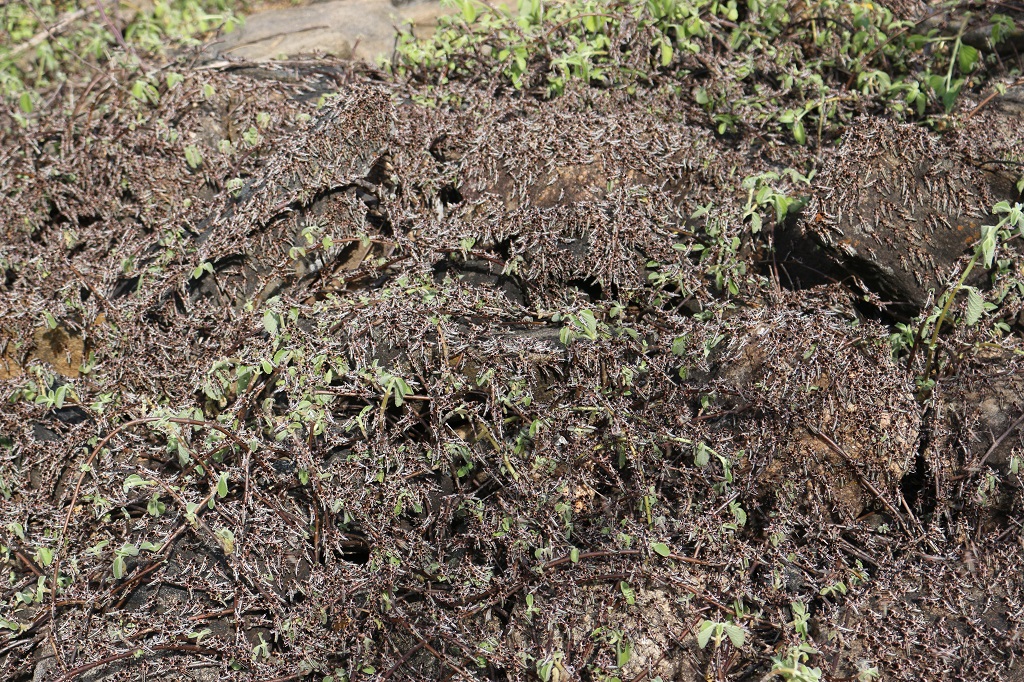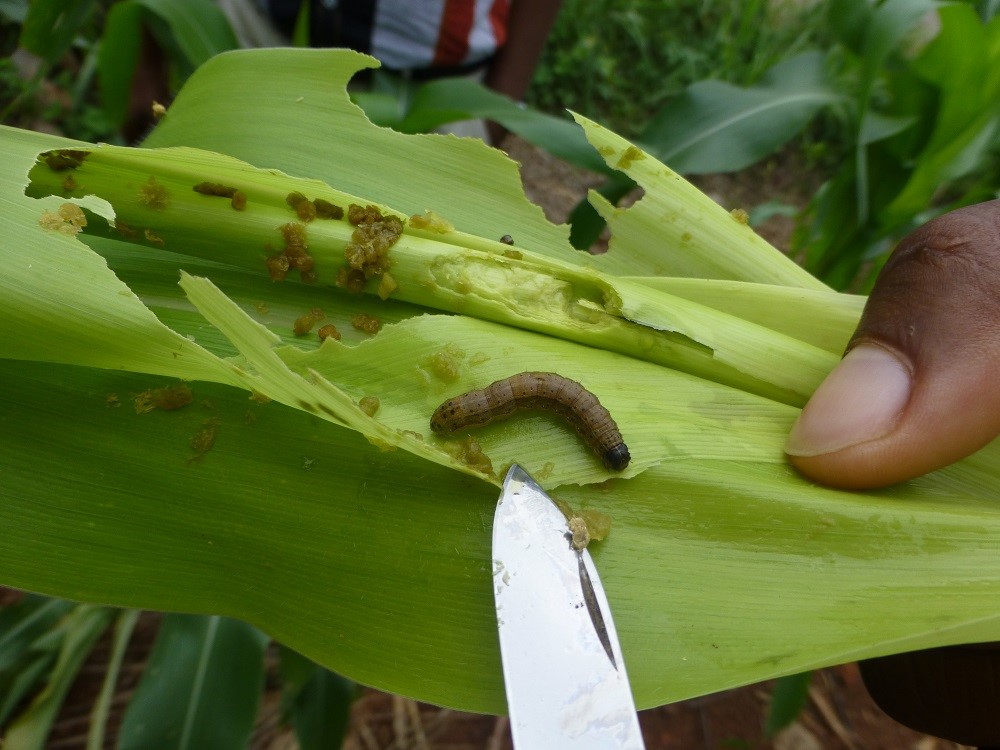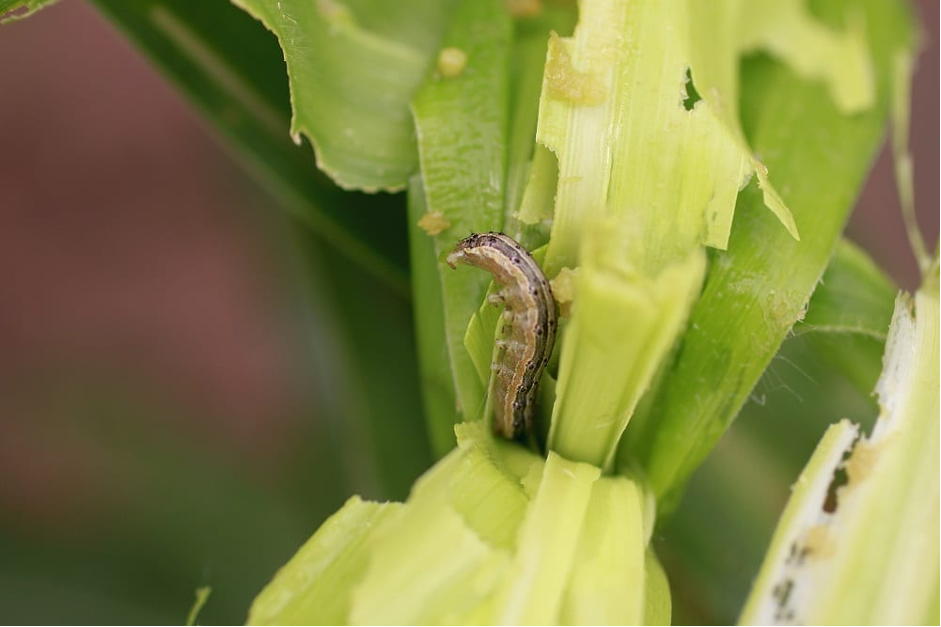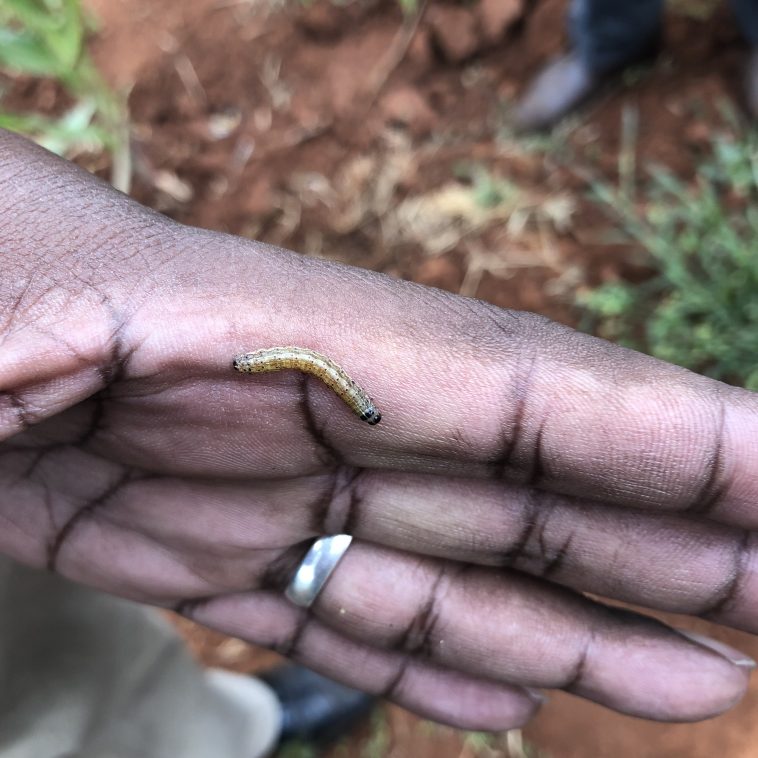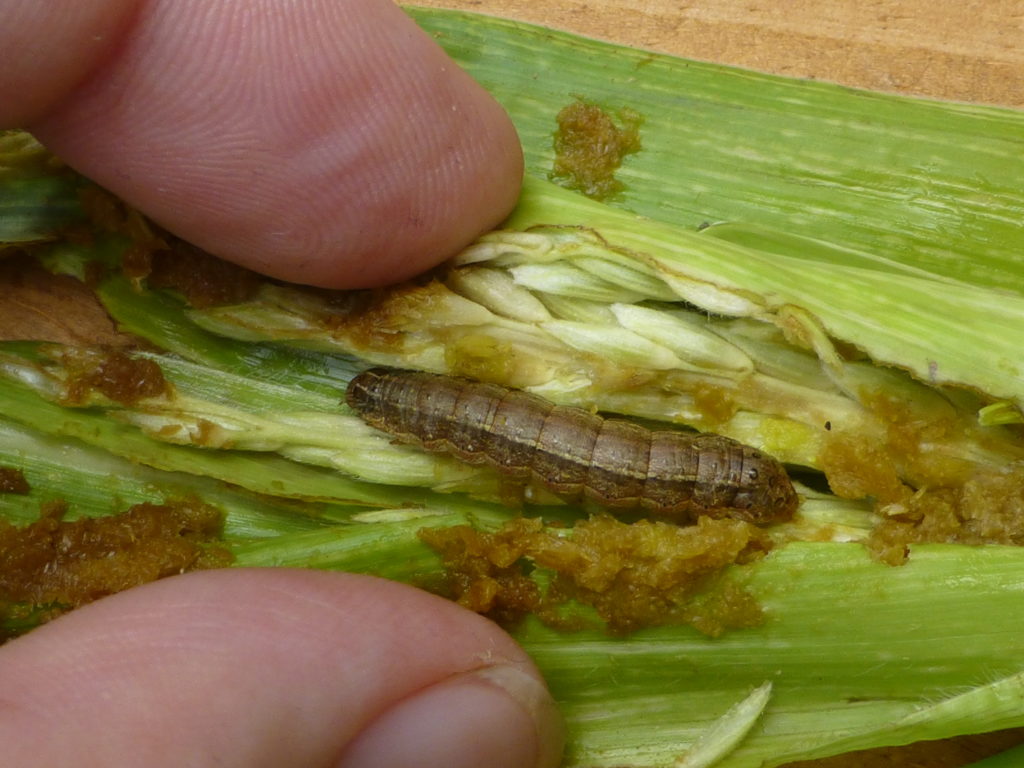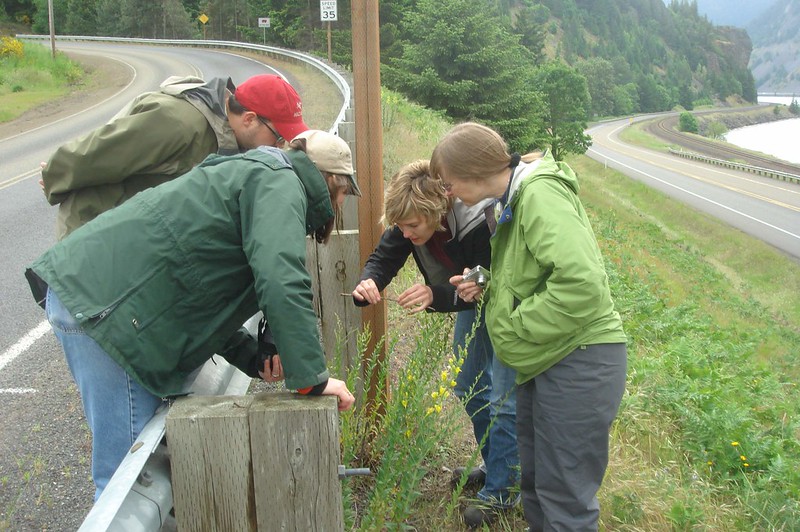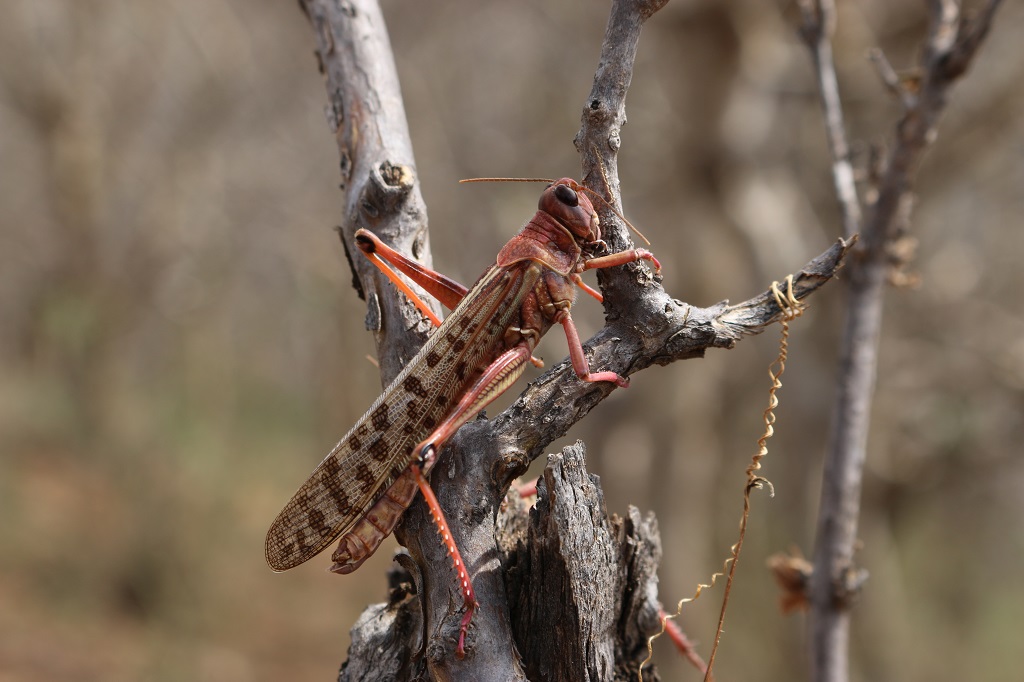CABI research on desert locusts helps safeguard the food crops of millions
In 2019-2020, according to the Food and Agriculture Organization (FAO), around 20 million people in Ethiopia, Kenya, Somalia, South Sudan, Tanzania and Uganda faced acute food insecurity due to swarms of desert locust (Schistocerca gregaria). In Kenya, the outbreak represented the worst locust crisis in 70 years; by its peak, the country was tackling over…
CABI and MARA scientists explore collaboration to find effective natural enemies for devastating Fall armyworm
Scientists representing the MARA China-CABI Joint Laboratory for Biosafety and MARA China-CABI European Laboratory have convened to discuss the very latest research efforts in a bid to find sustainable and effective natural enemies to fight the devastating Fall armyworm (Spodoptera frugiperda).
Invasives Blog Most Read 2020
As 2020 draws to a close, we have crunched the numbers and pulled together the most read articles on the Invasives Blog this year. Plus some firm favourites. Invasive species like Himalayan balsam, fall armyworm, and Tuta absoluta proved to be popular topics for our readers this year. CABI’s work in biological control around the…
Two-way SMS platform offers farmers timely management advice for fall armyworm in Kenya
This article was originally published on the PRISE website During the 2019 short rains season in Kenya, PRISE partnered with Precision Agriculture for Development (PAD) to provide maize farmers with timely pest management information on Fall armyworm (Spodoptera frugiperda). By building on PAD’s existing messaging service, which is run in partnership with the Ministry of Agriculture, the two-way…
Busy in biocontrol: spotlight on weed researcher Jennifer Andreas
Meet Jennifer Andreas, who has collaborated with CABI on a number of biological control projects since 2000, in this profile originally published by the North American Invasive Species Management Association (NAISMA).
CABI supports first Dutch field trials with exotic insect to combat Japanese knotweed
For the first time in the Netherlands, an exotic insect species is released into the wild to combat a harmful plant species. The Japanese knotweed psyllid should offer relief against the rampant Asian knotweed. Suzanne Lommen of the Institute of Biology Leiden is coordinating the field trials as part of a consortium which includes CABI,…
A plague during a pandemic: how to increase resilience against the desert locust outbreak
On 12 October, as part of a virtual side event for the World Food Prize’s annual Borlaug Dialogue, CABI hosted a panel session on A plague during a pandemic: how to increase resilience against the desert locust outbreak. The webinar aimed to communicate the urgent need for a comprehensive and coordinated response to this year’s…

